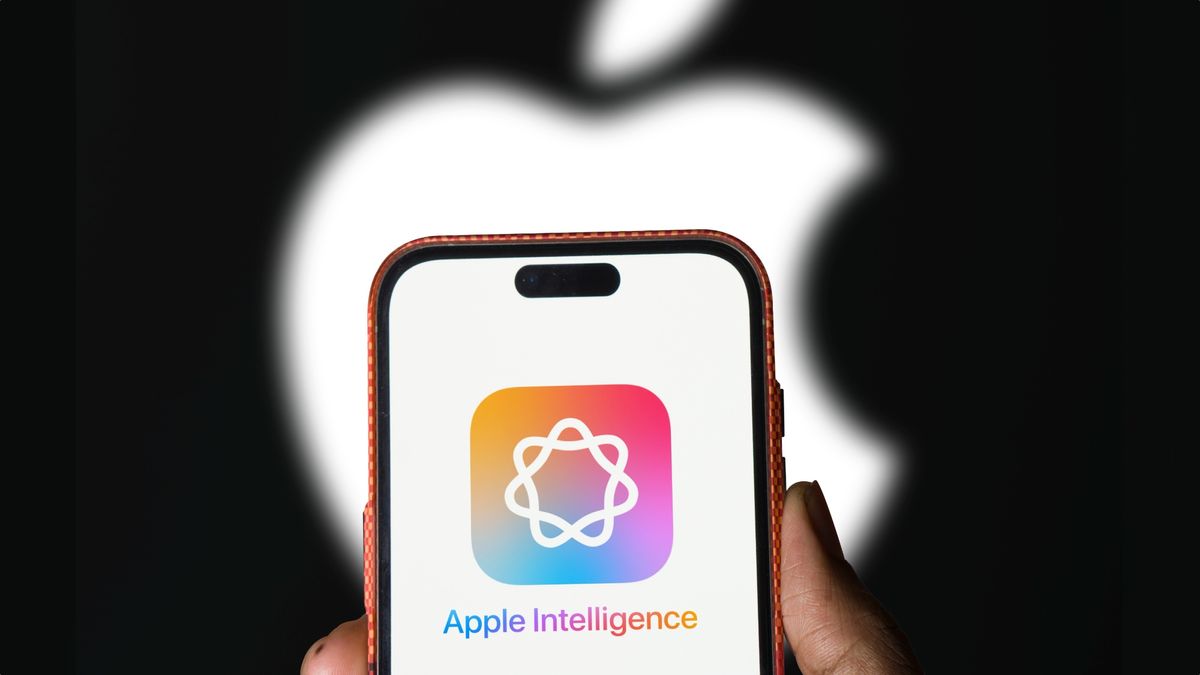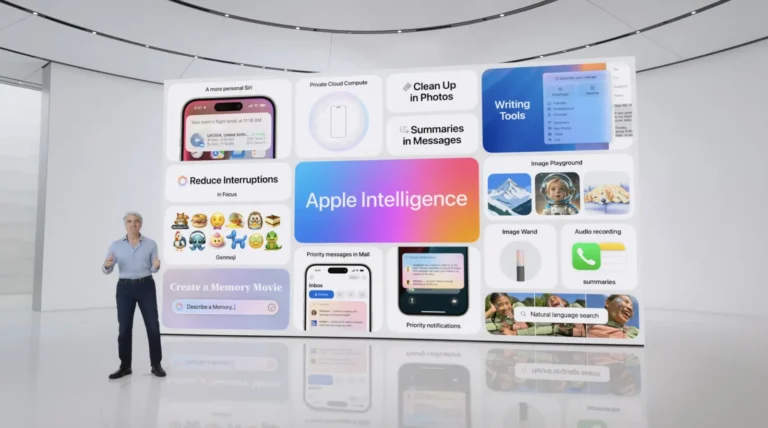Apple has been steadily advancing its AI capabilities with the introduction of Apple Intelligence, and though the company took its time to enter the AI space, it’s now moving rapidly to roll out new features. Despite the advanced AI tools being integrated into Siri and other apps, Craig Federighi, Apple’s Senior Vice President of Software Engineering, has revealed that the technology behind these innovations is intentionally basic. This decision is part of Apple’s strategy to prioritize user privacy.
Apple has chosen to use basic servers for its Apple Intelligence features to ensure a high level of privacy protection. The recently announced iPhone 16 lineup, introduced at the “It’s Glowtime” event, features some of these AI-driven capabilities, which will be available by the end of the year. Although Apple is known for its cutting-edge technology, when it comes to the backend infrastructure for AI, the company focuses on simplicity.
Federighi explained that Apple Intelligence operates through Private Cloud Compute (PCC) servers, which are designed to create a secure environment that protects user data. These servers rely heavily on on-device processing to minimize data exposure. If external processing is required, Apple’s servers handle it, and only with user consent would the system use external AI tools like ChatGPT.
Unlike traditional systems, Apple’s PCC servers don’t have persistent storage, meaning no hard drives or SSDs are used to retain processed data. This approach ensures that once a PCC server is rebooted, no data is retained, and the encryption key is randomized at every startup. In addition, Apple employs its Secure Enclave technology to manage encryption keys, ensuring that the entire system remains cryptographically secure and private.
Federighi highlighted that privacy is a core principle for Apple, and the company has implemented strict protocols to prevent data from being stored long-term. In a further move toward transparency, Apple has made its PCC server builds publicly available for inspection, allowing external verification that the system operates as described.
Previously, Apple faced criticism for not using end-to-end encryption (E2E), which left room for potential security breaches. However, the company has been gradually implementing E2E encryption to enhance data security. Apple’s commitment to privacy is clear: by simplifying its AI infrastructure and maintaining transparency, it ensures that users’ data remains secure while continuing to push forward with technological advancements.
In summary, Apple’s approach to AI prioritizes privacy through a combination of on-device processing, basic server infrastructure, and transparency. With these measures, the company aims to protect its users while evolving its AI capabilities in a responsible and secure manner.



Leave a Comment